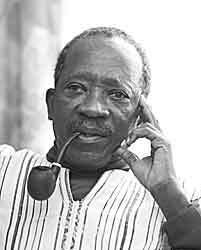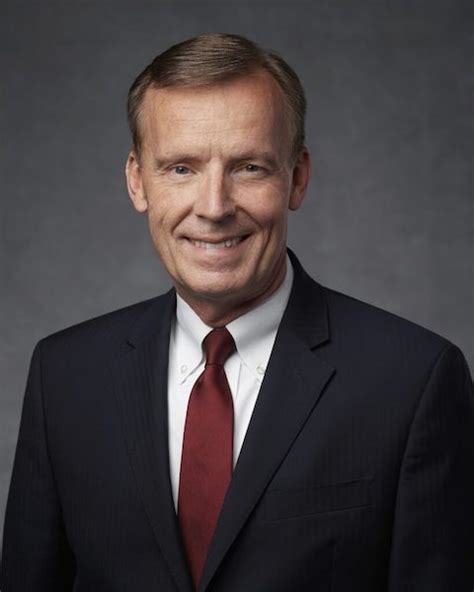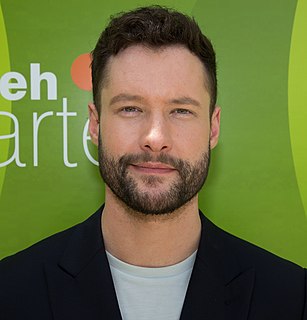A Quote by David Whyte
Questions that have no right to go away are those that have to do with the person we are about to become; they are conversations that will happen with or without our conscious participation.
Related Quotes
We must all work in harmony with each other to stand up for what is right, to speak up for what is fair, and to always voice any corrections so that the ignorant become informed and justice is never ignored. Every time a person allows an act of ignorance to happen, they delay our progress for true change. Every person, molecule and thing matters. We become responsible for the actions of others the instant we become conscious of what they are doing wrong and fail to remind them of what is right.
Courage is the measure of our heartfelt participation with life, with another, with a community, a work, a future. To be courageous, is not necessarily to go anywhere or do anything except to make conscious those things we already feel deeply and then to live through the unending vulnerabilities of those consequences.
If the concept of consciousness were to fall to science, what would happen to our sense of moral agency and free will? If conscious experience were reduced somehow to mere matter in motion, what would happen to our appreciation of love and pain and dreams and joy? If conscious human beings were just animated material objects, how could anything we do to them be right or wrong?
If our testimonies are strong onthis point and if we feel the absolute assurance that God loves us, we will change our questons. We won't ask, 'Why did this happen?' or 'Why doesn't God care about me?' Instead, our questions will become, 'What can I learn from this experience?' or 'How does the Lord want me to handle this?
I guess I was just always one of those guys who asked those fundamental questions: 'Who am I? What's this for? Why? What does this mean? Is this real?' All these pretty basic questions. I like making movies about people who are self-conscious in that way, and are trying to feel their way through the world.
People with mental problems are our neighbors. They are members of our congregations, members of our families; they are everywhere in this country. If we ignore their cries for help, we will be continuing to participate in the anguish from which those cries for help come. A problem of this magnitude will not go away. Because it will not go away, and because of our spiritual commitments, we are compelled to take action.






































